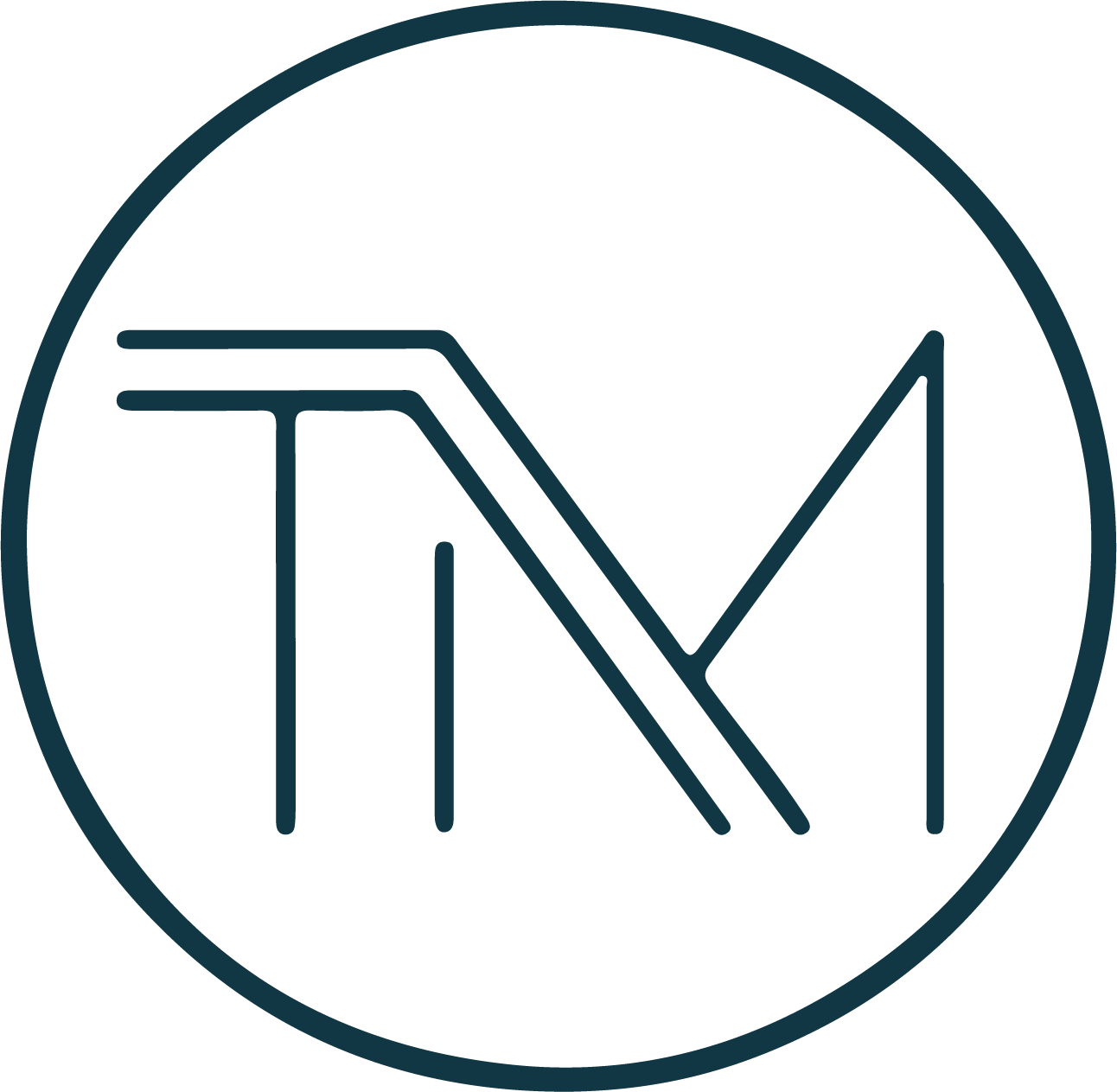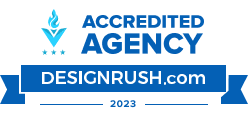Find Out How These 5 On-Page SEO Tips Amplify Your Therapy Practice's Reach Online
Establishing and maintaining a strong online presence is crucial for therapists seeking to reach and connect with potential clients. Specializing in therapist website design, Thriving Mind Marketing offers a full solution to therapists aiming to create a solid online foothold. Their expertly crafted websites not only boost visibility but also effectively convert online traffic into booked appointments. One critical area of focus for maximizing your website's potential is on-page SEO optimization.
By optimizing various elements of your therapy practice's website with targeted on-page SEO tactics, you can significantly enhance search rankings and increase the likelihood of attracting new clients. In this article, we will explore five on-page SEO tips specifically designed for therapists, providing actionable steps to optimize your website content, drive organic traffic, and ultimately grow your mental health practice online.
Optimize Title Tags and Meta Descriptions
Title tags and meta descriptions play a crucial role in influencing both search engine rankings and user click-through rates (CTR). These elements provide users with a quick overview of your webpage's content and help search engines understand your site's relevance to specific queries. To optimize title tags and meta descriptions:
1. Craft unique, relevant title tags for each webpage that concisely describe the content and include primary target keywords.
2. Keep title tags within 50-60 characters to ensure they display correctly on search engines.
3. Write compelling meta descriptions, summarizing the page content and encouraging users to click on your listing. The ideal length for meta descriptions is 150-160 characters.
4. Strategically incorporate relevant keywords into both title tags and meta descriptions without excessive use or keyword stuffing.
Utilize High-Quality, Relevant Keywords
Keywords are the backbone of your on-page SEO efforts, as they help search engines understand the topics and relevance of your webpages. To effectively leverage keywords in your therapy practice's website content:
1. Perform in-depth keyword research using tools like Google Keyword Planner, Ahrefs, or SEMrush to identify high-volume and relevant keywords related to your therapy specialty. Research both short-tail (e.g., "therapy") and long-tail (e.g., "couples therapy in Toronto") keywords that your potential clients might search for.
2. Strategically incorporate target keywords into your content; include them in title tags, header tags (H1, H2, H3), and throughout the body text.
3. Maintain a natural writing style, ensuring keywords are utilized seamlessly within your content without compromising readability or engaging in keyword stuffing.
4. Regularly review and update your keyword strategy as search trends evolve with new research and updates from search engines.
Improve Content Quality and Readability
When it comes to on-page SEO, quality content is king. Search engines reward websites that provide informative, engaging, and well-structured content to users. To optimize your therapy practice's website content:
1. Create unique, in-depth content that covers various aspects of your therapy specialty and related mental health topics. Provide value to users through educational articles, case studies, or helpful guides.
2. Follow the E-A-T (Expertise, Authoritativeness, Trustworthiness) guidelines provided by Google to establish your credibility as a mental health professional.
3. Format your content using clear headings (H1, H2, H3), bullet points, and short paragraphs to improve readability.
4. Incorporate relevant internal and external links to authoritative sources, enhancing content depth and credibility in the eyes of both users and search engines.
5. Double-check your content for accuracy and ensure it is up-to-date; outdated or incorrect information can harm your rankings.
Optimize Images and Multimedia
Images and multimedia can enrich your content, enhance user engagement, and improve overall site aesthetics. However, large media files can impact page load times, negatively affecting your search rankings. To optimize images and multimedia for on-page SEO:
1. Choose high-quality, relevant images that supplement your content and reflect your therapy practice's professionalism.
2. Compress images using tools like TinyPNG or ShortPixel to reduce file sizes without compromising quality.
3. Use descriptive image file names and relevant alt text that includes target keywords. This improves image searchability and accessibility for users with visual impairments.
4. Utilize multimedia elements like videos, infographics, or interactive content to provide additional value and engagement opportunities for users. Ensure multimedia elements are optimized for both desktop and mobile devices.
Enhance Site Speed and Mobile-Friendly Design
Site speed and mobile-friendliness are key factors in both user experience and search engine rankings. Outdated or slow-loading websites can frustrate users and deter search engines from crawling your site. To improve site speed and mobile compatibility:
1. Use Google PageSpeed Insights or GTmetrix to analyze your website's speed and receive recommendations for improvement.
2. Optimize your website's code and CSS by minifying HTML, JavaScript, and CSS files, reducing load times.
3. Implement a responsive design that adapts to various devices and screen sizes, ensuring a seamless browsing experience for both desktop and mobile users.
4. Consider replacing heavy plugins or features with lightweight alternatives that consume fewer resources but maintain functionality.
By addressing these five crucial on-page SEO elements – title tags and meta descriptions, keyword usage, content quality, image optimization, and site speed/mobile-friendliness – therapy practices can significantly enhance their online visibility, attract more potential clients, and achieve lasting success in today's competitive digital landscape.
Partner with Thriving Mind Marketing for On-Page SEO Success
Implementing effective on-page SEO strategies for your therapy practice's website is essential to attract potential clients, boost search engine rankings, and establish a solid online presence. By optimizing title tags and meta descriptions, using relevant keywords, improving content quality, enhancing multimedia elements, and ensuring site speed and mobile-friendliness, you can create a website that not only attracts organic traffic but also effectively converts visitors into booked appointments.
However, optimizing your website for on-page SEO can be time-consuming and complex. Thriving Mind Marketing specializes in
therapist website design and offers a full solution to therapists seeking expert guidance in on-page SEO tactics. Partner with us today to transform your therapy practice's website, increase your online visibility, and reap the benefits of a strong digital presence!
More Tips To Help You Build Your Practice Online






